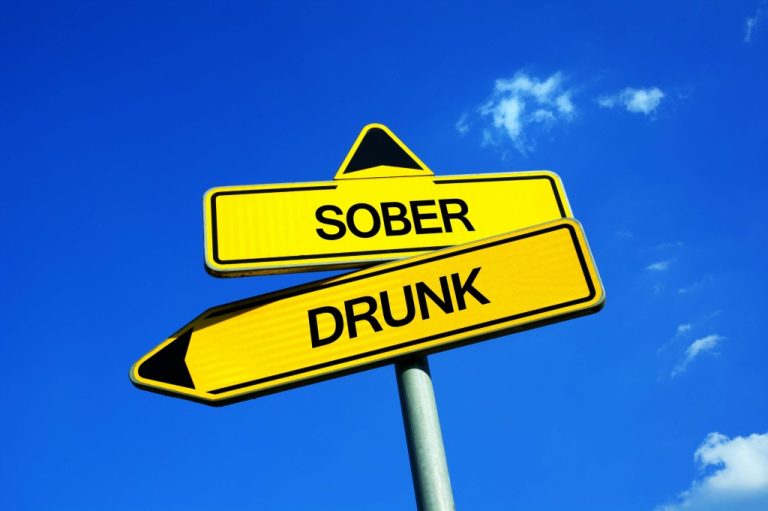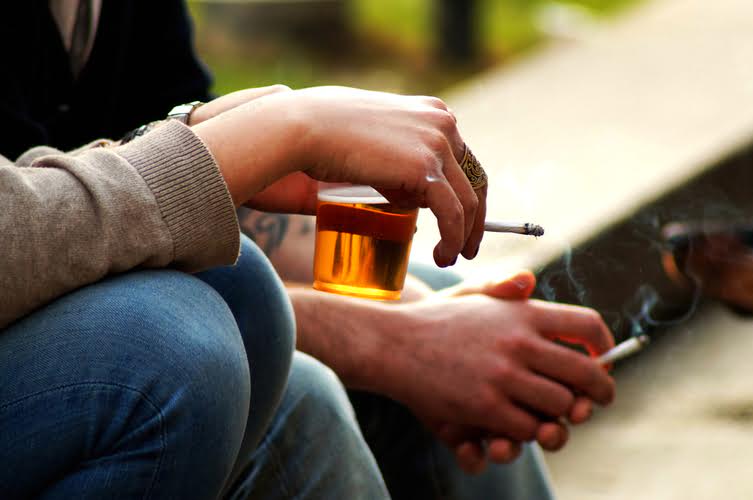List of 9 Alcohol Use Disorder Medications Compared
- Home
- List of 9 Alcohol Use Disorder Medications Compared






One is that the non-medical people who do this work, everyone from the social workers to the drug counselors to the recovery coaches, don’t get paid enough money. And then the other problem is that less than 1 percent of the doctors in this country specialize in addiction treatment, even though it kills so many people every year. The FDA’s approved medication-assisted treatment MATs for AUD are Antabuse, Campral, and Naltrexone.
Research shows that most people who have alcohol problems are able to reduce their drinking or quit entirely. Based on clinical experience, many health providers believe that support from friends and family members is important in overcoming alcohol problems. But friends and family may feel unsure about how best to provide the support needed.
For example, oxytocin decreases stress-induced HPA axis activation and behavioral (anxiety) responses (Neumann et al., 2000; Windle et al., 1997). Peters et al 2013, carried out the chronic subordinate colony (CSC) housing study to evaluate social stress paradigms which is considered as the pre-clinically validated psychosocial stress paradigm relevant to human psychiatric disorders. CSC stressed male mice when given increasing doses (0, 2, 4, 6 and 8%) of alcohol for 14 days showed a significant increase in alcohol consumption. Systemic administration of OT (10mg/kg) or baclofen (2.5mg/kg) reduced alcohol consumption, indicating that OT and baclofen attenuated chronic psychosocial stress-induced alcohol intake (Peters et al., 2013). Recently, ondansetron has been shown to decrease alcohol consumption in patients with AUDs.
VAR also reported to reduce cravings and decreases the pleasurable effects of cigarettes and other tobacco products, thus helping many tobacco addicts to quit smoking. It is used for smoking cessation and suggested to be more effective than bupropion and nicotine replacement therapy as seen in meta-analysis (Mills et al., 2009; Cahil et al., 2013; Elrashidi & Ebbert, 2014). In the 1980s, animal studies discovered that naltrexone also reduced alcohol consumption. These showed that when combined with psychosocial therapy, naltrexone could reduce alcohol cravings and decrease relapse rates in alcoholics. In this review, we have systematically reviewed the recent findings that described the properties of drugs that have been used, currently are in use and the new drug candidates that are repurposed for the treatment of AUDs. These include many FDA-approved drugs such as anticonvulsants, antipsychotics, antidepressants, and other off-label medications.
Topiramate was only effective in preventing and reducing alcohol consumption in current alcohol drinkers and prevents relapse in recently detoxified alcoholics, indicating that topiramate has some potential to treat non-alcohol dependent male smokers (Anthenelli et al, 2017). A randomized, double-blind study, involving US veterans meeting DSM-IV diagnostic criteria for alcohol dependence, showed that gabapentin reduced alcohol craving. Seventeen out of the 26 patients received gabapentin (1200 mg orally for 3 days, followed by 900, 600, and 300 mg for 1 day each) and nine of them received chlordiazepoxide (100 mg orally for 3 days, followed by 75, 50, and 25 mg for 1 day each). Despite the limitation of the small sample size, this study showing a reduction in sleepiness and less alcohol craving warrants a replicate study with a larger sample group (Stock et al., 2013). A recent clinical study lasting for 12 weeks was conducted between 2004 and 2010 at a single-site, outpatient clinical research facility adjoining a general medical hospital. Gabapentin (particularly the 1800-mg dosage) was used to evaluate gabapentin as a pharmacological treatment option for alcohol dependence in primary care.

In general, stress-induced anxiety is a major risk factor for reinstatement to alcohol drinking. Medications such as SSRI and SNRI inhibitors, buspirone, benzodiazepines, diphenhydramine, propranolol, tamoxifen, prazosin, doxazosin, that help to block the stress-induced anxiety may also reduce alcohol consumption. Among them, https://trading-market.org/read-about-the-5-habits-of-long-term-sobriety-a/ prazosin and doxazosin are known medications for the treatment of high blood pressure. Prazosin (1.0 or 1.5 mg/kg, i.p) or vehicle was administered in alcohol preferring (P) rats and anxiety-like behavior was measured. Prazosin showed promising results in treating alcoholism by blocking α-1 adrenoreceptors in rats.
Examples include Alcoholics Anonymous, SMART Recovery, and other programs. Your peers can offer understanding and advice and help keep you accountable. An important first step is to learn more about alcohol use disorder and your treatment options. Besides medications, doctors may Three Inspirational Recovery Stories recommend counseling and behavioral therapies. A healthcare professional can create a treatment plan and refer a person to specialized care if necessary. There are many treatment options available, and a doctor can help determine the best course of action for each individual.
The Navigator will steer you toward evidence-based treatment, which applies knowledge gained through decades of carefully designed scientific research. If you are seeking treatment for yourself, you are taking an important step in your route to recovery. You may wish to ask someone you trust to help you through the process and for support along the way. The Navigator helps adults find alcohol treatment for themselves or an adult loved one. If you are seeking help for a teen, check out these recommended adolescent treatment resources. The Sinclair Method is the standard treatment protocol for alcohol dependence in Finland, the method is also used in the U.K., but the method has yet to catch on in the United States.
That includes Joseph Havrilla, who traveled to Florida and repeatedly sought help before an overdose took his life in 2022. His girlfriend, Amanda Davidson, is now continuing her own recovery and advocating for life-saving care in the state that failed her and Havrilla. Contact SAMHSA’s regional OTP Compliance Officers to determine if an OTP is qualified to provide treatment for substance use disorders.

Systemic administration of OT reduces alcohol preference and intake in a variety of drinking models in rats (MacFadyen et al., 2016) and mice (King et al., 2017). Bowen et al has demonstrated that OT specifically attenuates ethanol-induced motor impairment via GABAergic activity at δ-GABAA receptor (α4β1δ and α4β3δ) subunits without activating OTR. OT (1μg, i.c.v) given ahead of ethanol (1.5/kg, i.p) attenuated ethanol-induced sedation and ataxia in the open field locomotor test. Because Xenopus oocytes do not have the oxytocin receptor, these data indicate that oxytocin exerted its effects independently from the oxytocin receptor and suggest that the δ subunit of GABAA may be a target of oxytocin action (Bowen et al., 2015).
The groups for family and friends listed below may be a good starting point. Overcoming alcohol use disorder is an ongoing process, one which can include setbacks. When seeking professional help, it is important that you feel respected and understood and that you have a feeling of trust that this person, group, or organization can help you. Remember, though, that relationships with doctors, therapists, and other health professionals can take time to develop. Ideally, health professionals would be able to identify which AUD treatment is most effective for each person. NIAAA and other organizations are conducting research to identify genes and other factors that can predict how well someone will respond to a particular treatment.